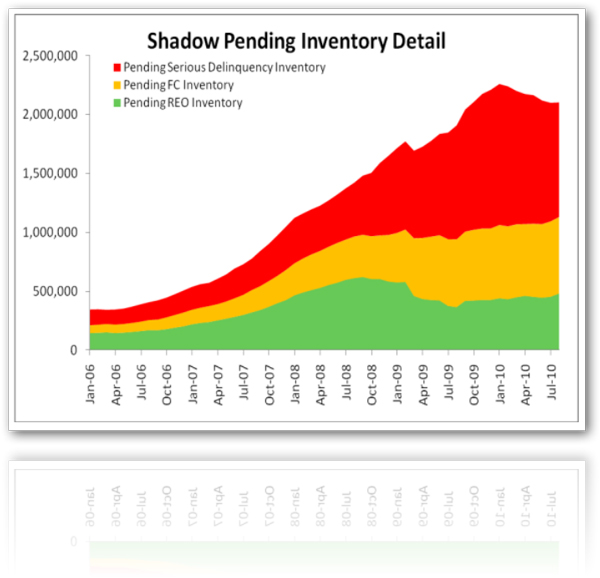You can obtain finance for your first rental property through various ways. There are various options for a person trying to invest in real estate property. However, before you do this, you will have to determine on your affordability and what is your goal after you achieve this rental property. Depending on this you will be able to buy the rental property according to your affordability and finance it. This will help you to avoid falling in debt. Home loans are secured loans and if you are unable to make payments on this, you won’t even be able to include it in a consolidation program.
Ways to obtain finance for rental property
There are basically two ways in which you can finance your rental property. One is taking out a new home loan or mortgage or if you have a home, you can take out a home equity loan (if applicable).
1. Taking out a new home loan – In order to finance your first rental property you can take out a new home loan. However, you need to have a good credit score and a clean credit report with good payment history in order to qualify for a loan with favorable terms and conditions. So that you qualify for a home loan with low interest rate and low payments, you need to have a credit score above 730. However, you may also qualify for home loans with a score below 700 but as the score lowers your options lower too. You may also get FHA loan with your score at 620 but the options are really less.
2. Taking out a home equity loan – However, if you have already a home and if you had taken a mortgage against it, and if you have been making regular payments on the loan you can take out a home equity loan. When you make on-time payments on your mortgage, equity builds up on your home. Later you can tap this equity as per your financial needs. So, taking out a home equity loan is your other option to finance your rental property. Home equity loans are generally available at low interest rates.
Another option for you to finance your first rental property is getting a loan from family or friend. If you have close ties and understanding with your family members and your friends, you can borrow money from them. However, you will have to keep a track of your loan payments as you can’t include it in consolidation in case you default on it.

Author Bio: Angela Brown is a contributory writer associated with a US-based debt consolidation community and has written several articles for various financial websites. She holds her expertise in the Debt industry and has made significant contribution through her various articles.




